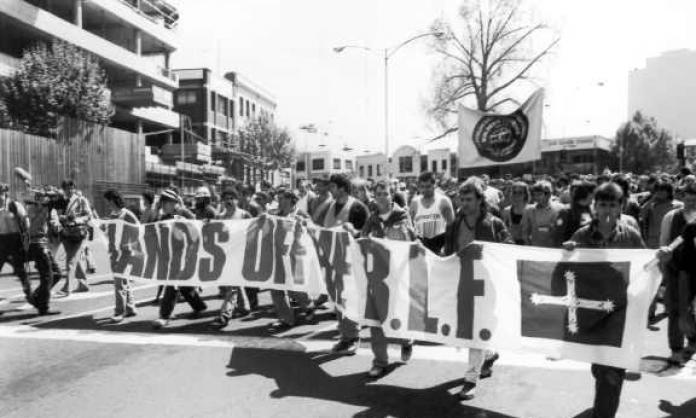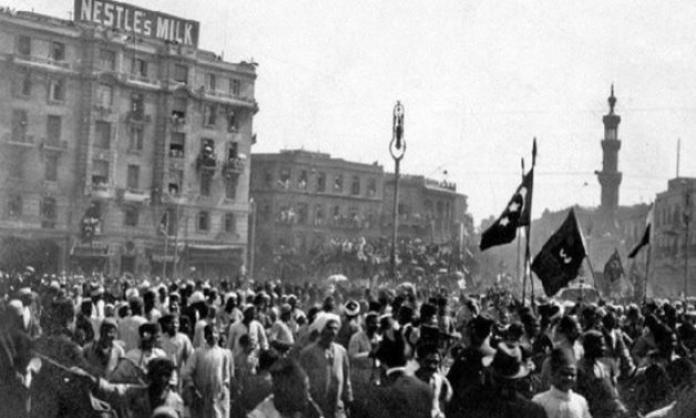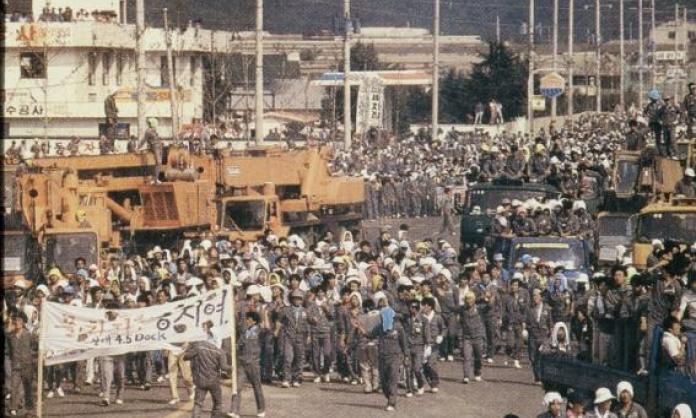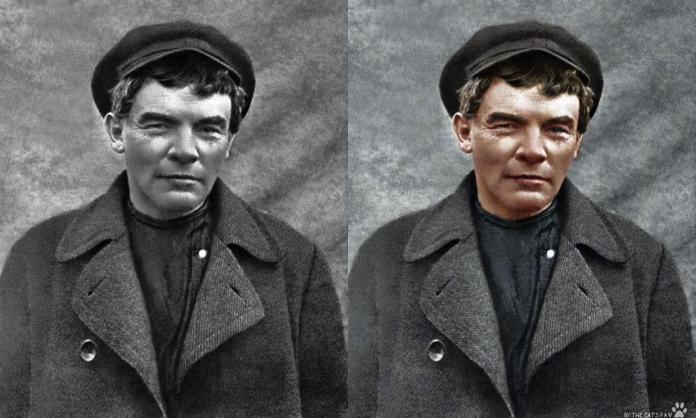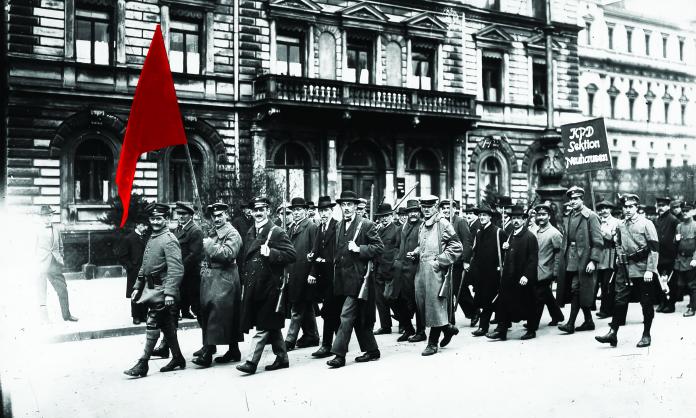Norm Wallace, treasurer and assistant secretary of the Builders Labourers Federation until 1988, was no stranger to struggle. Described by the construction union as “a hard man with an amazing passion for social justice”, Norm’s life spanned from undercover work in Z Special Unit, formed during the Second World War to operate behind Japanese lines in south-east Asia, to becoming one of the leading unionists in the Victorian BLF.
Communist Party officials such as Paddy Malone and Norm Gallagher transformed the BLF from one of the weakest to one of the country’s most militant unions. Norm Wallace was key to their success.
Long time BLF official Paddy Donnelly, writing on the CFMEU website, recalled Norm as dedicated to the union and the working class, having a brilliant mind and being a gifted orator, one of the most respected union officials in the state with “a gift of foresight and organising that few possess”.
I interviewed Norm a few years back for the book, Dare to struggle, dare to win, a history of the BLF fight against deregistration in 1986. He understood the industry better than most, noting that the volatility and precariousness of the industry and the power of the employers produced “a certain element of militancy” in response. The union’s famed “guerrilla” tactics, hitting the most vulnerable employers first and then forcing the others to follow, were incredibly successful.
But the militancy wasn’t handed to the union on a plate; they had to win workers to the union. “We had to show them we were a good union”, Norm said. He was tireless, going back and back to jobs until he won their trust and their determination to fight for their rights.
The union initially opposed superannuation because it meant “the worker being the one who paid for his own pension”. However, when forced to adopt it under the Accord, which the union also opposed, it was the BLF who, through militant industrial action, won it for the industry.
But it was more than union struggles that inspired Norm. He joined the Communist Party, looking for a world view that explained the dynamics of the capitalist system he saw on the building sites and gave hope for a future world run by workers, fit for all.
And he saw the need to win others to this viewpoint, convincing many rank and file workers he’d meet on the job.
Even after retirement, Norm kept his doors open to young militants wanting to understand the history of the union, the ideas of communism and the struggle to win a better world.
He was incredibly generous with his time when I interviewed him. Not one to step aside from debate, he was also prepared to question long held ideas, and tactics and strategies within the union movement, when the facts challenged his views.
To the end, Norm always had faith in the working class, always had faith in the power of workers to change the world, to win a socialist society. We disagreed on some fundamentals of Marxist analysis and theory, but we always agreed on the need for revolutionary change, and were optimistic about the working class, a class that is never powerless.




